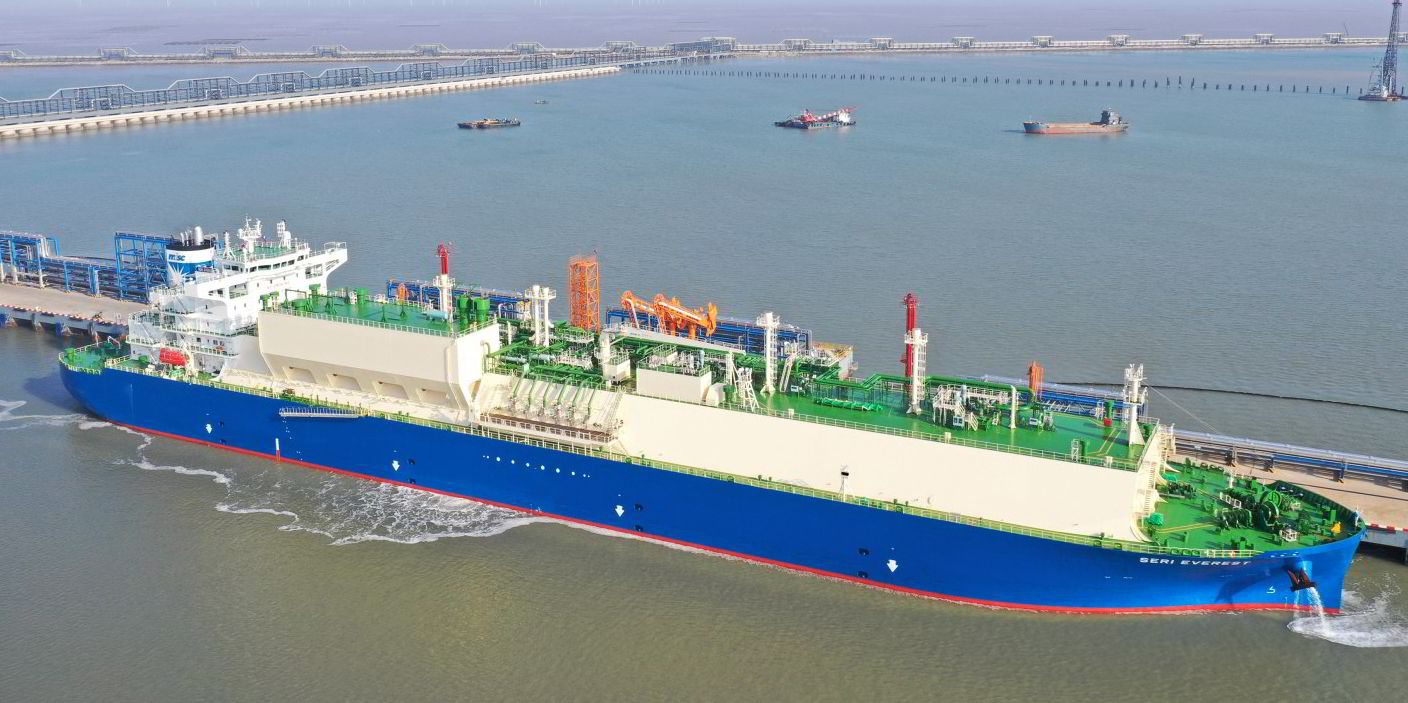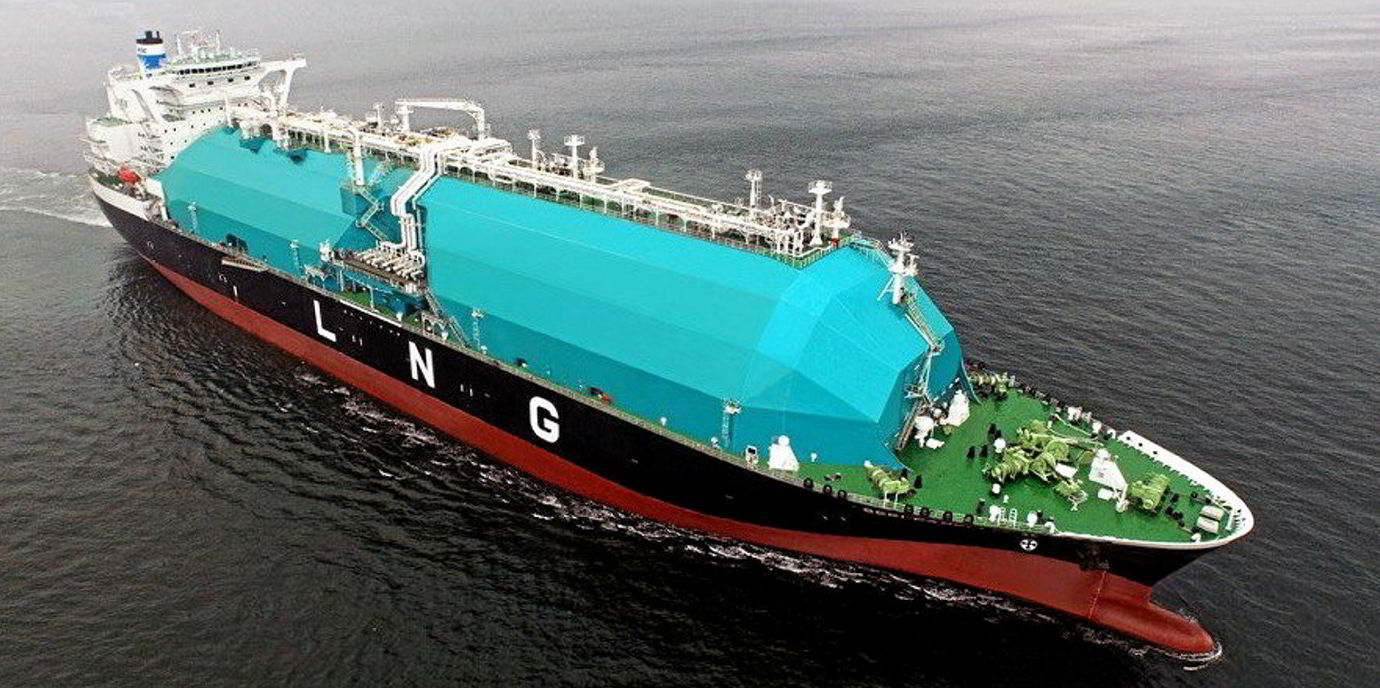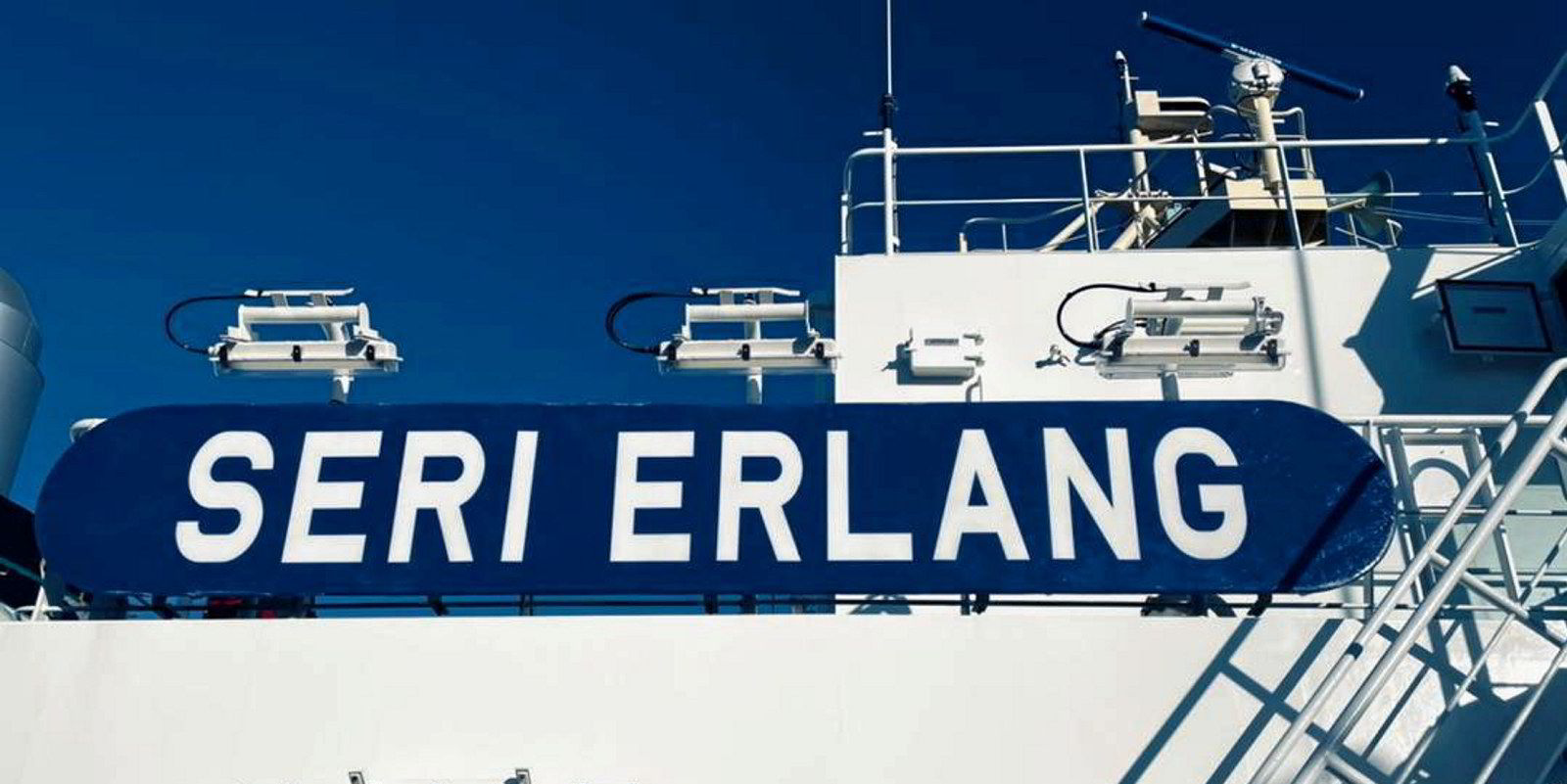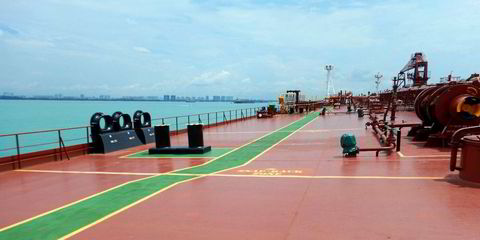Malaysia’s MISC Berhad has reported a net profit of MYR 1.77bn ($423m) for 2021, reversing a loss the previous year that it largely attributed to impairments and provisions for litigation claims.
Although the tanker market was challenged by low freight rates throughout 2021, revenues increased by 13.5% to MYR 10.7bn.
This was attributed mainly to revenue from the conversion of a floating production, storage and offloading unit in its offshore business segment, and the deliveries of five very large ethane carriers (VLECs) in its gas assets and solutions segment.
However, MISC said the increase in revenue was partly offset by lower revenue generated by its crude and product tanker segment, due to freight rates and lower earning days from vessel disposals and redeliveries.
The marine and heavy engineering business segment also recorded lower revenue, mainly because of reduced dry-docking activities as a result of prolonged border restrictions.
MISC is listed on the Malaysia stock exchange, with a controlling stake owned by energy giant Petronas.
The company expects this year to be even stronger for its gas segment, a trend that began to emerge in the fourth quarter of 2021, when spot rates for LNG carriers jumped to a record high on strong winter demand for LNG in Asia and Europe amid shortages and elevated prices of natural gas.
It said spot charter rates were also driven by tight vessel availability, exacerbated by increased shipping distances as US LNG supply was pulled into Asia.
“Although spot rates have since eased moving into 2022, the medium-term outlook for LNG shipping remains favourable,” it said.
Operating income from its gas assets and solutions segment remained stable, supported by its existing portfolio of long-term charters.
The company expressed a more pessimistic outlook for the tanker sector during the first half of this year despite observing “some modest improvement” in the last quarter of 2021.
Despite continuing oil demand recovery and easing of production cuts by Opec+ in 2021, MISC said seaborne trading volumes have remained below pre-pandemic levels, while the tanker fleet has continued to grow.
“In the short term, the outlook is clouded by the rapid spread of the Omicron virus variant. However, the tanker market fundamentals are expected to improve further in 2022, especially towards the second half,” it said.
Given the uncertain landscape, its petroleum shipping segment will continue to focus on building long-term secured income through its niche shuttle tanker business and rejuvenation of its fleet with eco-friendly tankers.
On the offshore front, MISC said that as the oil market continues to rebalance and with crude prices staying high, the outlook for the upstream oil and gas sector remains positive.
“FPSO contract awards rebounded strongly in 2021 after the slump in 2020, and demand for FPSOs is expected to stay robust in 2022, despite lingering Covid-19 concerns,” it said.
Its offshore division focused on the execution of FPSO projects in hand and sourcing opportunities in targeted markets, while the segment’s existing portfolio of long-term contracts will continue to underwrite its financial performance.






